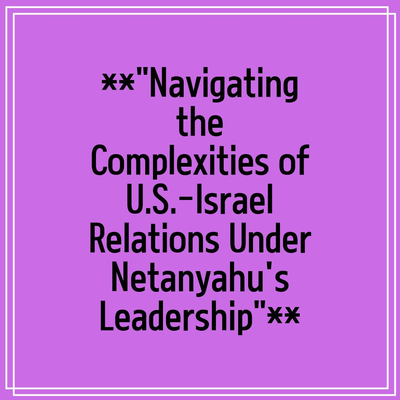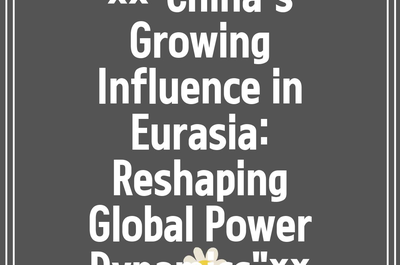
Analyzing Netanyahu’s Commands: America’s Response
In recent geopolitical discussions, a notable narrative has emerged surrounding
Netanyahu’s Recent Orders
Netanyahu has been vocal about his expectations for Israeli policies, particularly concerning matters related to security and regional stability. His recent orders have sparked much debate, challenging not only domestic policies but also international responses. Key issues surrounding defense funding and military cooperation form the crux of Netanyahu’s directives, emphasizing the importance of Israel’s security in a volatile region.
Netanyahu’s administration has positioned Israel at the forefront of counter-terrorism efforts, prompting requests for increased military aid and strategic support from the U.S. This escalation in demands puts pressure on the Biden administration, which must balance its support for Israel with its commitment to broader Middle Eastern peace initiatives.
The U.S. Response and Diplomatic Dynamics
The American response to Netanyahu’s directives has often emphasized a commitment to Israel’s security while simultaneously seeking to engage in broader peace talks with Arab nations. This duality marks a fascinating shift in U.S. foreign policy, where the historical partnership with Israel is tested against the backdrop of evolving regional alliances.
As Netanyahu presents a firm stance on issues like Iran’s nuclear aspirations and Palestinian negotiations, the
Implications for U.S.-Israel Relations
Netanyahu’s commands resonate deeply within the fabric of U.S.-Israel relations, a partnership built on mutual interests that sometimes clash with the U.S.’s broader diplomatic goals. The implications of this relationship extend far beyond military cooperation; they influence trade, intelligence sharing, and cultural exchanges that bind the two nations together.
However, the fragility of public opinion in the U.S. regarding Israeli policies, especially in light of ongoing humanitarian issues, presents another layer of complexity. With a growing number of voices advocating for Palestinian rights, the Biden administration may find itself navigating a precarious path between supporting Israel and addressing humanitarian concerns.
Looking Ahead: The Future of U.S.-Israeli Cooperation
As we look towards the future, it remains to be seen how Netanyahu’s commands will shape the trajectory of U.S.-Israeli cooperation. The potential for diplomatic tensions looms, especially if Netanyahu’s policies steer toward more aggressive stances that could alienate key allies and stakeholders.
The oscillating nature of both Israeli domestic politics and American foreign policy makes predictions challenging. Still, understanding the significance of Netanyahu’s directives within the broader context of international relations is essential. It underscores how leadership directives can ripple through alliances, affecting not only bilateral relationships but also the stability of entire regions.
Conclusion: A Complex Relationship in Flux
In summary, the relationship between Prime Minister Netanyahu and the United States reflects a complex system of international diplomacy filled with both challenges and opportunities. As
The way in which the U.S. adapts to Netanyahu’s commands will not only impact Israeli policy but also the broader geopolitical stability of the Middle East. Continuous observation and engagement are vital for those interested in understanding this critical partnership and its implications for global peace.


